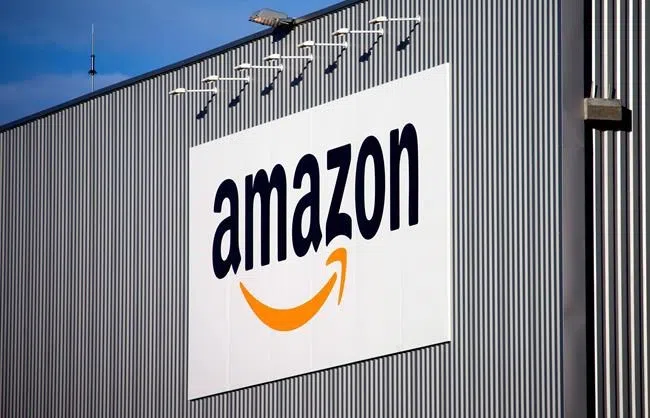
Despite competition, tech sector CEOs say they would have welcomed Amazon
CALGARY — Tech sector entrepreneurs whose Canadian cities were snubbed by Amazon in its search for a second corporate campus say they are disappointed, despite fears they would have seen increased competition for scarce skilled talent.
They say the American online giant’s promised contribution of $5 billion in construction and up to 50,000 high-paying jobs would have been good for their city’s economy and its technology sector in the longer term.
On Thursday, Amazon said Toronto was the only non-American city to make a list of 20 finalists.
“In the short term, it’s another company competing for limited talent, that jumps to mind,” said Mike Johnston, founder and CEO of REDSpace, a designer of media software systems and corporate e-learning programs in Halifax, one of 238 cities to bid for the centre.